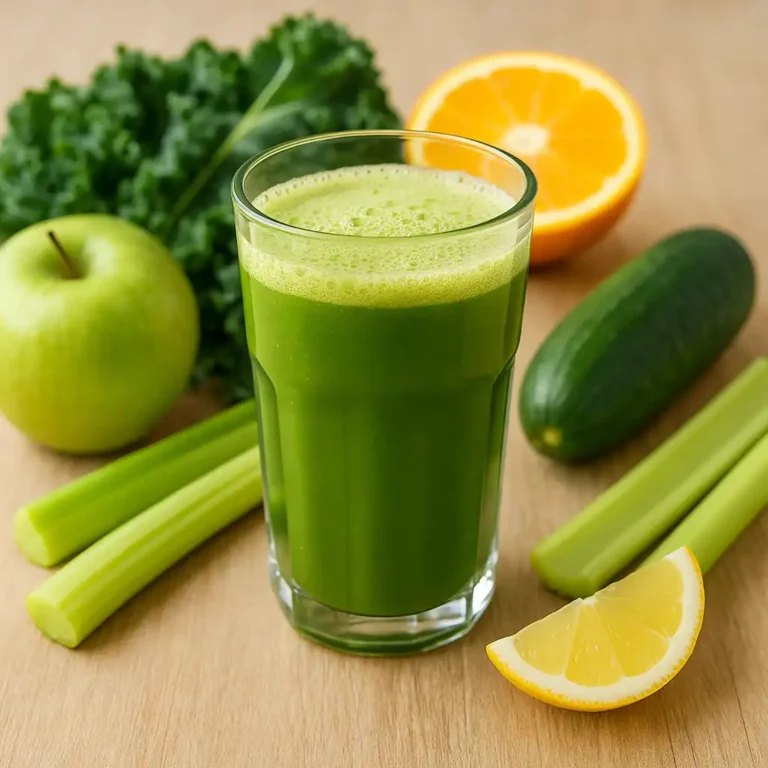25 Foods You Should Never Eat (and Easy Swaps You’ll Actually Like)
Some foods might seem harmless—or even helpful—on the surface, but they’re often loaded with additives, processed oils, and sneaky sugars that can drag down your energy, mess with your digestion, and keep cravings coming back.
This list isn’t about cutting out everything you love or aiming for perfection. It’s about being informed, spotting what’s worth skipping, and finding easy, real-food alternatives that still taste good and fit into your day-to-day life.
Processed Foods Are Convenient, But They Often Backfire
Ultra-processed products are everywhere. They’re designed to taste great, last forever on shelves, and save time—but not to nourish you. Most of them come packed with preservatives, flavor enhancers, and artificial colors.
Common examples include packaged snack cakes, cheese-flavored chips, microwaveable breakfast sandwiches, and instant noodles. Sodas—yes, even diet ones—fall into this group too.
These foods may be quick and satisfying in the moment, but many people say they leave them feeling foggy, bloated, or hungry again shortly after. Simple swaps like hard-boiled eggs, hummus with veggies, or roasted nuts can give you that same convenience with a lot more staying power.
Sugar Is Hiding in More Places Than You Think
We all expect sugar in candy or soda—but it shows up in everyday foods too. Granola bars, flavored yogurt, and bottled smoothies often have more sugar than a dessert.
Labels can be misleading. You might spot ingredients like maltodextrin, high-fructose corn syrup, evaporated cane juice, or even stevia and sucralose in products that seem “healthy.” These sweeteners can spike blood sugar or leave you craving more soon after.
A few swaps that help: go for plain Greek yogurt with a drizzle of honey, make your own salad dressings, and choose unsweetened plant milks when possible.
Not All Protein and Oils Are Created Equal
Highly processed meats and oils are common in freezer meals and takeout—but they’re also easy to avoid once you know what to look for. Processed meats like bacon, pepperoni, and frozen sausage are full of preservatives and sodium, which many experts link to inflammation and heart strain over time.
The same goes for industrial oils like soybean, corn, and generic “vegetable oil.” These oils show up in chips, salad dressings, and even store-bought baked goods.
A better option: cook with avocado oil, olive oil, or coconut oil. For protein, try roasted chicken, beans, eggs, or fresh cuts of meat with minimal ingredients.
25 Foods to Rethink (Based on What’s Really Inside)
Here’s a list of 25 foods that many dietitians and wellness experts suggest avoiding—or at least cutting back on regularly:
- Microwave popcorn with artificial butter
- Packaged snack cakes
- Processed deli meats
- Regular and diet soda
- Sweetened yogurt
- Store-bought frosting
- Margarine with hydrogenated oils
- Flavored instant oatmeal
- Frozen burritos
- Sweetened nut milks
- Bottled smoothies
- Boxed mac & cheese
- Breakfast pastries
- Breaded chicken nuggets
- Sugary cereals
- Flavored coffee creamers
- Fast food fries
- Canned soup with MSG
- “Light” frozen dinners
- Energy drinks
- Cheese-flavored chips
- Artificial pancake syrup
- Frozen sausage patties
- Imitation crab meat
- Cotton candy grapes (sweet but low in fiber)
You don’t need to ditch them all at once—but being more selective about what stays in your regular routine can make a noticeable difference.
Real-Life Swaps That Actually Work
Healthy eating doesn’t have to be perfect or expensive. The key is having a few go-to swaps that you like and can prep without too much hassle.
Here are a few favorites:
- Overnight oats with chia seeds and cinnamon instead of sugary cereal
- Smoothies with frozen fruit, almond butter, and spinach instead of bottled blends
- Roasted sweet potatoes with olive oil instead of frozen fries
- Hard-boiled eggs and veggie sticks instead of snack packs or chips
- Plain yogurt with berries instead of pre-sweetened cups
Most of these take just minutes to prep and can keep you full for hours without a crash.
Conclusion
Many of the foods we’ve come to rely on—especially the packaged and frozen stuff—aren’t doing our health any favors. From hidden sugars and preservatives to overly processed oils, these ingredients can sneak into your meals and chip away at your energy, digestion, and overall wellness.
But with a few easy swaps and a little label-reading, you can make better choices without feeling restricted. It’s all about progress, not perfection—and your body will feel the difference.






